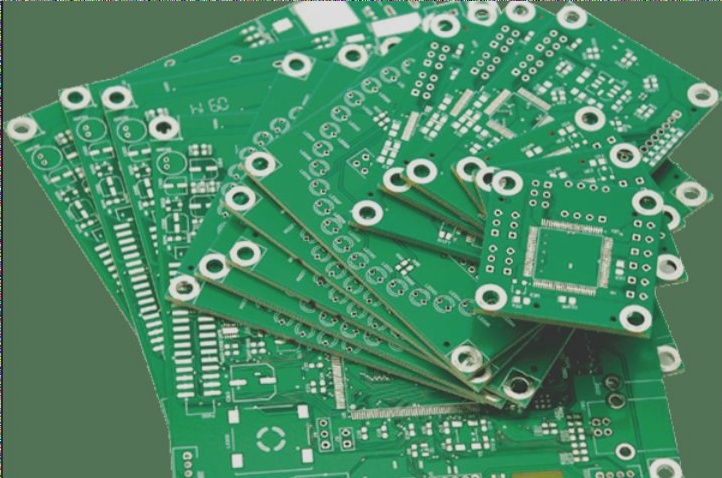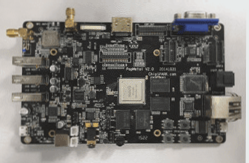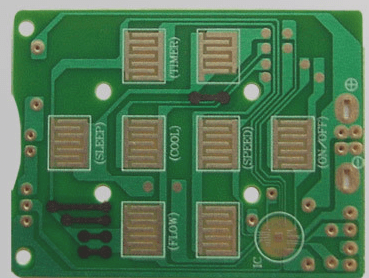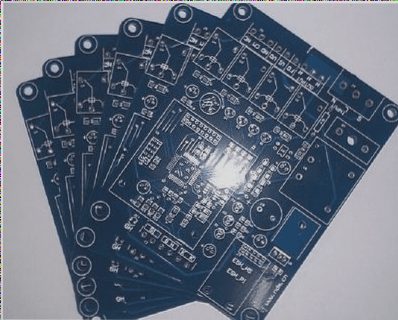Important Considerations for PCB Manufacturing
Air Source Pressure and Quality
- The air source pressure must meet equipment requirements, typically exceeding 7 kg/cm².
- Clean, dry, and purified air is essential, requiring degreasing, dusting, and water removal treatments.
- Use stainless steel or pressure-resistant plastic pipes for air ducts.
Exhaust System
- Reflow and wave soldering equipment should have exhaust fans.
- Minimum exhaust duct flow rate for hot blast stoves should be 500 cubic feet/min (14.15 m³/min).
Temperature and Humidity Control
- Ideal workshop temperature is 23±3°C, with a range of 17–28°C.
- Relative humidity should be between 45% and 70% RH.
- Install thermometers and hygrometers for monitoring and provide control facilities.
Anti-static Measures
- Workers should wear anti-static clothing, shoes, and wristbands.
- Work areas should have anti-static flooring, seat cushions, packaging bags, and PCB board racks.
SMT Patch Processing Factory
Additional Considerations
- Solder Paste Handling
- Refrigerate newly purchased solder paste between 5°C and 10°C.
- Avoid temperatures below 0°C.
- Regularly check and replace worn parts to maintain production efficiency.
- Measuring Furnace Temperature
- Conduct frequent tests to refine temperature curves for optimal soldering quality.
Strictly control temperature, cleanliness, and humidity during SMT patch processing. Regular maintenance and monitoring are crucial for efficient production and cost control.




